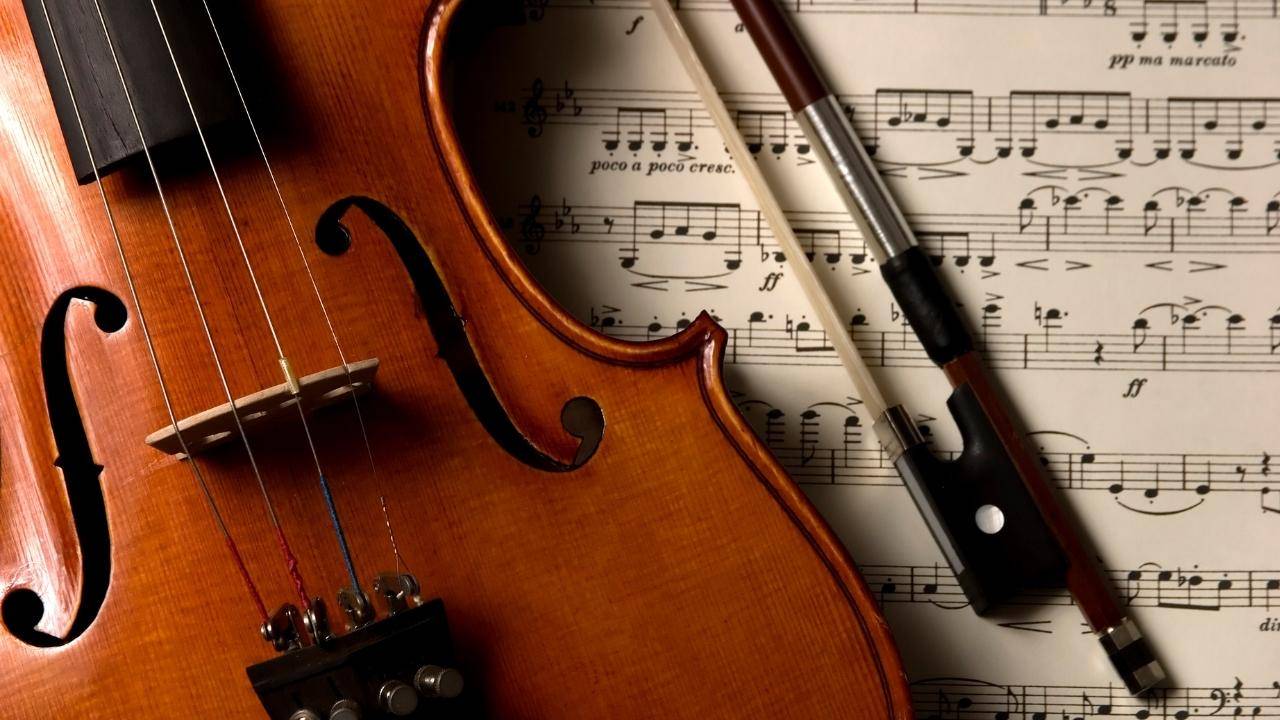Padraig O’Dubhlaoidh, an Irish master violin luthier has created the world’s first vegan violin body (minus the string and bow) to be certified with The Vegan Society’s iconic Vegan Trademark.
Born in the first months of lockdown caused by the COVID-19 pandemic, the vegan violin project is the crest of Padraigs’s 40 years of experience and wishes to include more sustainable materials into his instruments.
According to Treehugger, ethical musicians are part of the vegan movements and have long wished for instruments that are fully vegan and yet retain all the qualities of classic instruments.
“Like other wood-based instruments, violins utilize hoof and hide glue—a product derived from the skin, bone, and tendons of slaughtered animals—as a primary adhesive for both assembly and repair work. Horsehair, another byproduct of the slaughter industry, is generally used for the bow hair, ivory or mastodon bone sometimes grace the bow tip, and components such as leather or mother-of-pearl cover thumb grips and bow frogs and embellish tuning pegs.”
Although animal-friendly alternatives have already replaced many of the products above, Padraig’s violin is the first to be 100% animal-free.
In the course of crafting and experimenting with different materials, Padraig discovered that apart from the benefits to animals and the environment, a vegan violin has other advantages.
Animal-based glues have harmful effects on violins, causing powerful tensions on wooden components.
On the other hand, vegan adhesives have no such effect, and even seem to improve the violin’s acoustic performance.
More inspiring green news similar to this:


